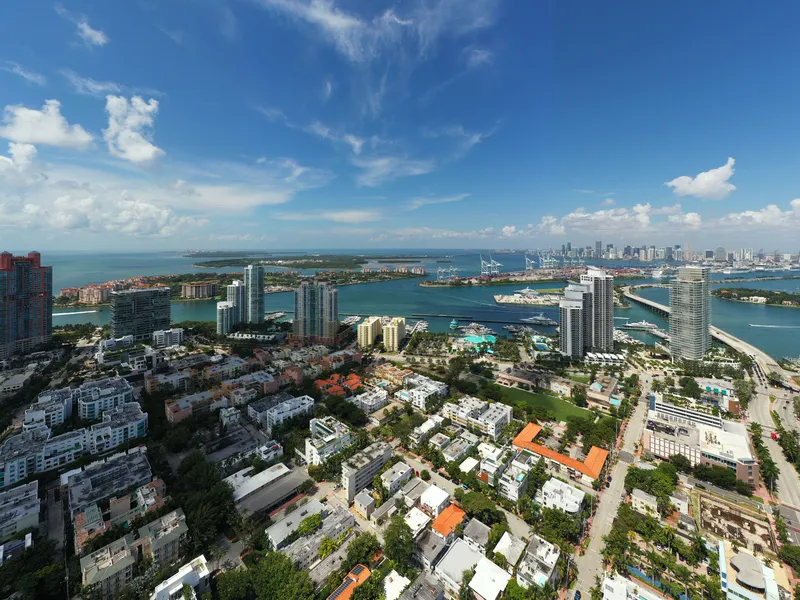As part of the trial, Masabi has deployed 15 VAL 100 onboard ticket validation units in partnership with Access-IS, which allow passengers to scan mobile tickets and provide DPTI with real-time usage data.
Brandt Olson, chief information officer of Keolis, International, said: “The problems mobile ticketing solves are familiar to commuters around the world. Having to wait in line to buy a ticket, needing the correct change or having to top up a smartcard, all waste time and create hassle. This trial in Adelaide using the Justride platform of our global smart ticketing partner, Masabi, allows the benefits of truly smart ticketing to be shown in another major global city and we are excited to see the outcome.”
Masabi and DPTI trial Justride in Southern Australia
Masabi will launch a two month feasibility trial of its smartphone-based payments platform Justride with the Department of Planning, Transport and Infrastructure (DPTI) in South Australia. The test will be conducted on 50 DPTI employees on Adelaide city trams and SouthLink operated Hills and Outer South Express bus services. In addition, Mastercard is providing its gateway services to facilitate test payments linked to South Australia’s acquirer, Commonwealth Bank of Australia. As part of the trial, Masabi
November 14, 2017
Read time: 2 mins









